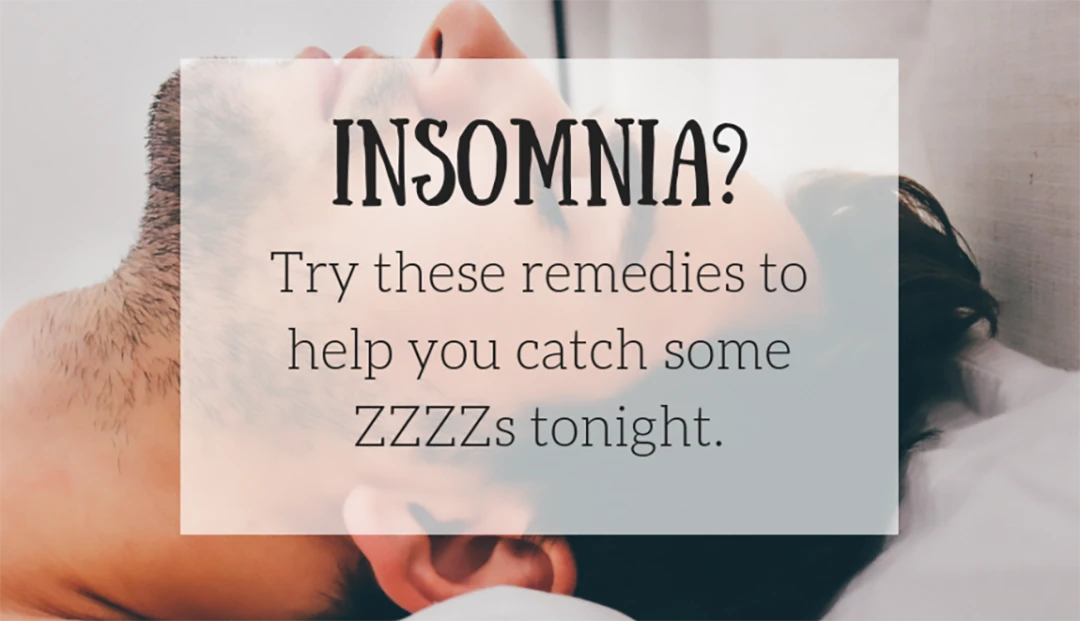Insomnia currently affects in between 50 and 70 million United States adults every day and is the most common sleep disorder. About 30% of adults have reported short term sleeping issues and 10% have reported chronic insomnia.
Insomnia can not only have devastating effects on your work and social life, but on your general health as well. That’s right you heard us, insomnia is tied to heart disease, weight gain, and diabetes. If you want to get some more ZZ’s tonight, check out some options other individuals with insomnia have tried out.
- Sleeping Apps/Technology
Technology seems to be popping up in every aspect of our lives and recently developers have been working on apps to help users fall asleep and stay asleep. These apps vary in sleep-inducing tactics, games designed to tire out the brain or settle thoughts into a rhythm, and some focus on meditation to help users relax their mind and drift off.
- Schedule
If you struggle with insomnia, developing a regular sleep schedule could help train your body to fall asleep. As you move throughout your day, your body will start to settle into a routine. Staying up late on the weekends or occasionally during the week can throw off your body’s routine resulting in a small bout of insomnia. Try setting a schedule; even if you are not tired, getting into bed at a regular time can help your mind and body relax.
- Diet
It’s true that your diet can greatly affects your body’s overall performance, which includes your ability to sleep. Eating foods high in magnesium, vitamin b6, and calcium will help your body fall asleep. Eating foods that are hard for your body to process could be keeping you up at night. This includes alcohol, saturated fats, spicy foods, caffeine and foods that are high protein.
That being said, we all still agree that it is okay to indulge in the occasional fried chicken and glass of wine, but if you are planning on eating those hard-to-process foods, the earlier you eat, the better. Eating early allows your body time to digest your food before getting into bed and can help you fall asleep more easily.
- Daily Activity
Netflix all day? Maybe not. If you struggle with insomnia, try being more active throughout the day. Activity can help you tire out your mind and body so that when you hit the pillow at night, it’s easier to fall right asleep.
- Sensory Stimulation
Aromatherapy is a great and natural way to help you fall asleep at night. Scents of lavender or eucalyptus will have you dozing off in a field of imaginary flowers before you know it.
Herbal teas also have a similar effect. The natural herbs and soothing smell can help you relax before bed.Soothing sound can also help those with insomnia drift off, whether it be delicate music, or peaceful noise used for meditation. Delicate music and sound help lull your mind to sleep by giving you something to focus on to quiet your mind.
- Relaxation
Meditation releases the mind from purposeful thought and allows your mind and body to relax. Before you know it, you are ready to drift off to sleep. Consider a guided meditation, or if you are familiar with the process practice meditating for 10 minutes every night before you get into bed.
If you are living with insomnia and are looking for new treatment options, consider a clinical trial with us today. Fill out the form below and a study representative will be in touch with you shortly!



